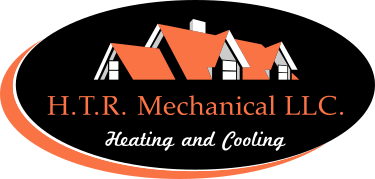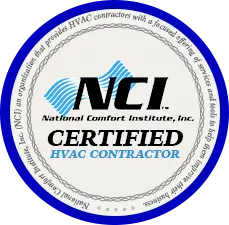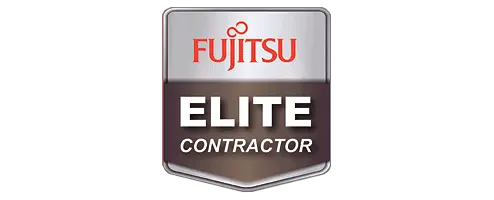Your Essential Spring HVAC Maintenance Checklist
Spring is the season of rejuvenation, but it’s not just your garden that needs a little tender loving care. As a homeowner, you have more than just flower beds to worry about. One of the most critical elements of your home comfort during the change of seasons is your HVAC system. Regular maintenance ensures it runs efficiently, cuts down on utility bills, and prolongs its lifespan.
So, what exactly should you include in your spring HVAC maintenance routine? Let’s break it down step by step, ensuring that you get the most out of your system just when you need it to perform best.
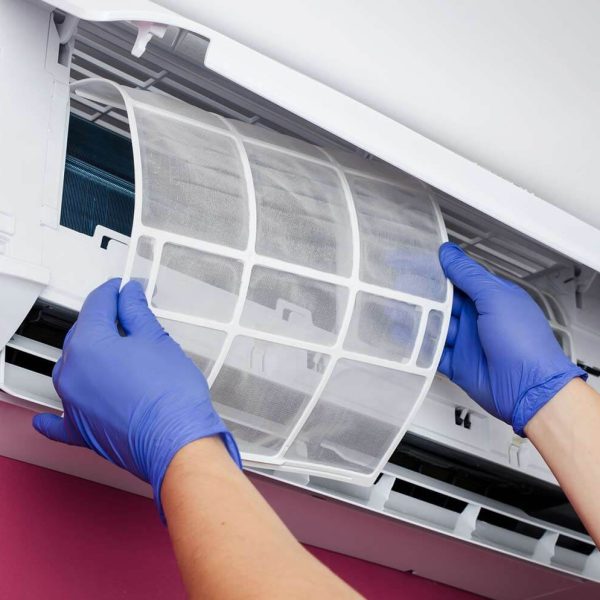
Change Your Air Filters
This is one task that can’t be emphasized enough. Over time, air filters become clogged with dust, dirt, and other airborne particles, which can lead to poor indoor air quality and put unnecessary strain on your HVAC system.
For most homes, it’s recommended to change filters every 90 days. However, in the spring, when pollen and other allergens are abundant, it’s a good idea to check your filters monthly. This simple step can improve your air quality and also ensure your system is running as efficiently as possible.
Inspect Your Ductwork
The ductwork in your home is responsible for distributing conditioned air throughout the house. If there are any leaks, you could be losing a significant amount of that conditioned air, which reduces efficiency and increases your energy bills.
Spring is a great time to inspect your ducts for any leaks or blockages. You can do a visual inspection yourself or hire a professional to conduct a more thorough examination. Sealing and insulating any leaky ducts can greatly improve the efficiency of your HVAC system.
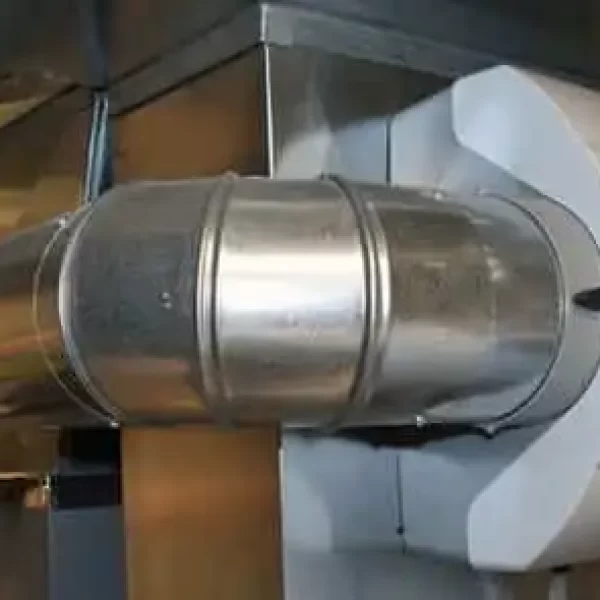
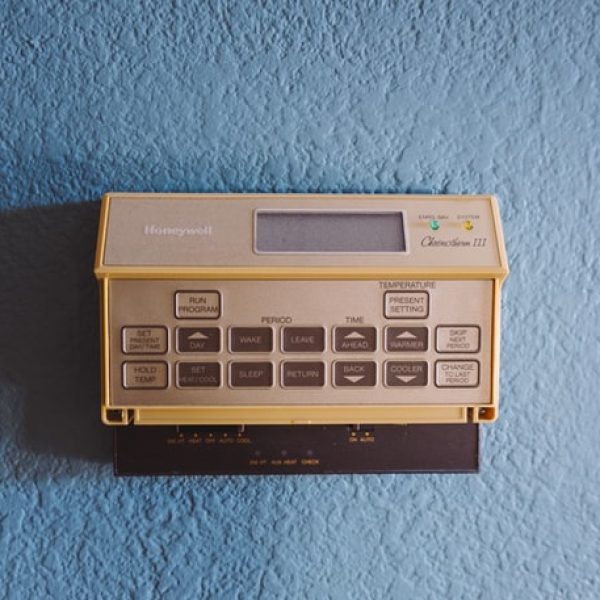
Check Your Thermostat
Your thermostat is the brain of your HVAC system. It controls the temperature and ensures that your home is always at the level of comfort you desire.
Spring is a great time to replace an old thermostat with a programmable model. Not only will this allow you to more precisely control the temperature in your home, but it can also save you money on your energy bills. Also, check the accuracy of your thermostat with a separate thermometer to ensure it’s reading temperatures correctly.
Clean Your Outdoor Unit
If you have a central air conditioning unit, it likely has an outdoor component. This unit can become dirty with leaves, grass clippings, and other debris over the winter, which can block the airflow it needs to work efficiently.
Carefully remove any objects that are obstructing the unit and clear away any debris. Then, use a garden hose to gently clean the fins on the unit. Do not use a pressure washer, as the force of the water can bend the fins and decrease efficiency.
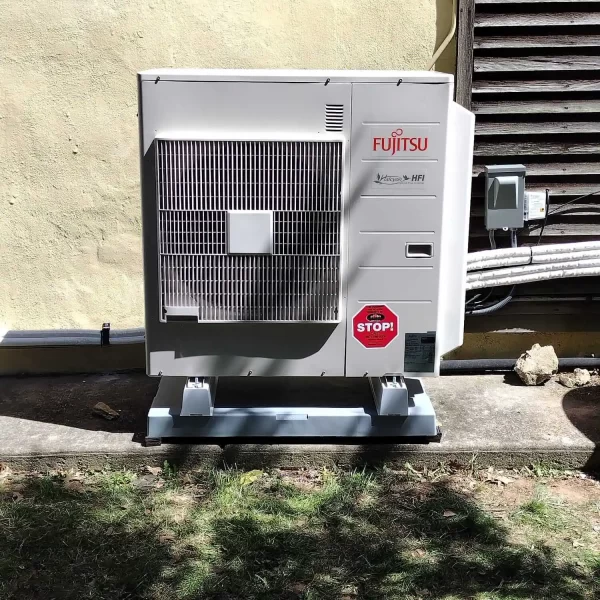
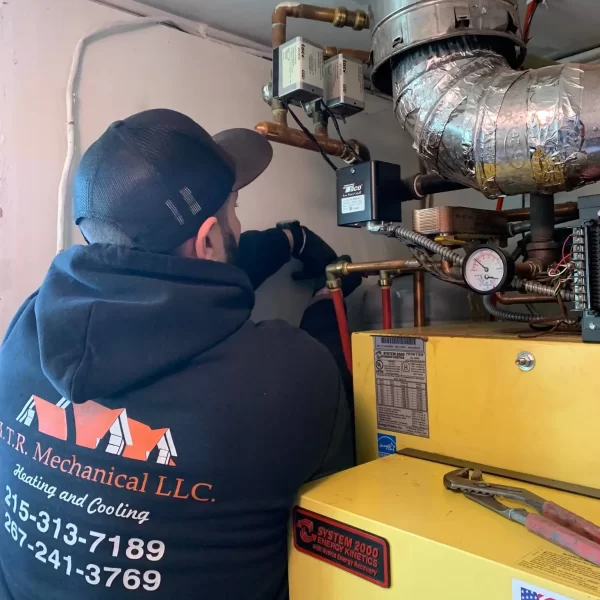
Schedule Professional Maintenance
While there are many tasks you can do yourself to maintain your HVAC system, it’s also important to schedule professional maintenance at least once a year. Spring is a perfect time for this, as it can be a slow season for HVAC technicians, and you can usually get an appointment quickly.
During a professional service, a technician will thoroughly clean and inspect all components of your system. They can address any issues that may be developing before they turn into major problems. This proactive approach can save you a lot of money in the long run and ensure your system is ready for the demands of summer.
Examine Your Home Insulation
The insulation in your home is important year-round, but it can have a big impact on how hard your HVAC system has to work in the summer. Good insulation keeps hot air out in the summer and cold air out in the winter.
Take a walk around your home and check for any areas where insulation might be lacking or damaged. Common problem areas include the attic, crawlspace, and around doors and windows. If you notice any problems, make plans to add or replace the insulation as soon as possible.
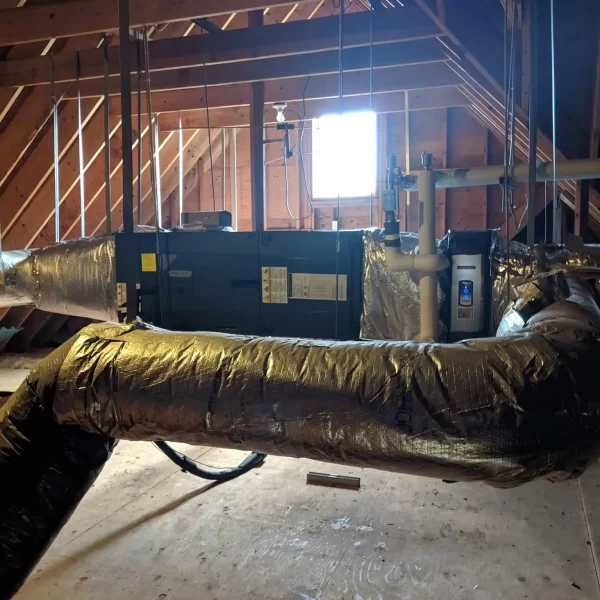
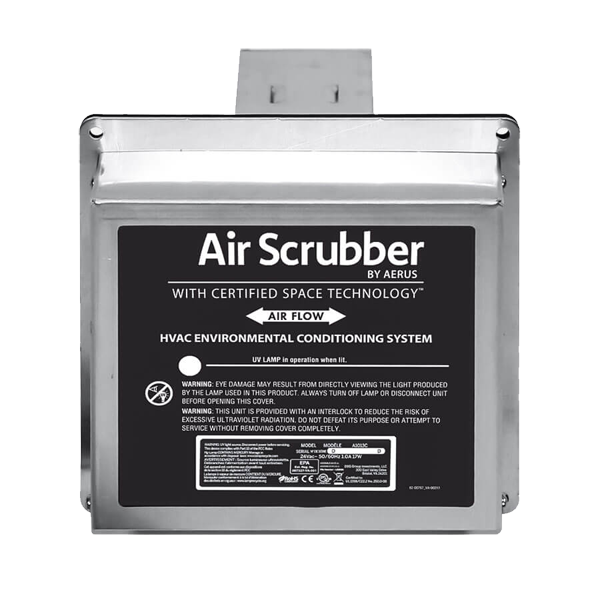
In addition to your HVAC system’s efficiency, the quality of the air inside your home is crucial. Poor indoor air can lead to respiratory issues, allergies, and general discomfort.
Consider investing in a high-quality air purifier designed to remove pollutants and allergens from the air. You might also want to have your air ducts professionally cleaned, especially if you notice a build-up of dust and debris.
Assess Your System's Age
Lastly, take a moment to assess the age of your HVAC system. Most systems last between 10 and 20 years, with proper maintenance. If yours is on the older end of that spectrum, you may want to start budgeting for a replacement.
Newer systems are far more energy-efficient and can save you a significant amount of money on your energy bills. They also often come with new features that can improve the comfort of your home. While it’s not a maintenance task, keeping an eye on the age of your system is essential for planning and budgeting.
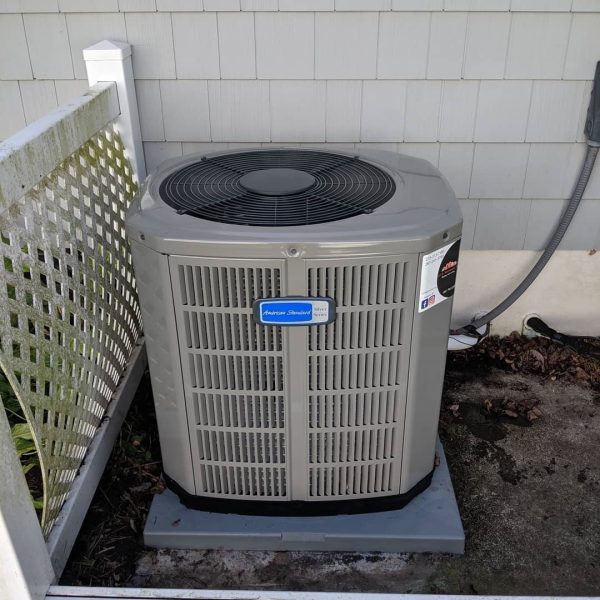
Following this comprehensive checklist and maintaining your HVAC system can give you peace of mind and assure your home comfort all year long. From the smallest chores like changing air filters to more substantial investments in upgrades and professional care, the effort you put in will show in the health of your HVAC system and your wallet.
